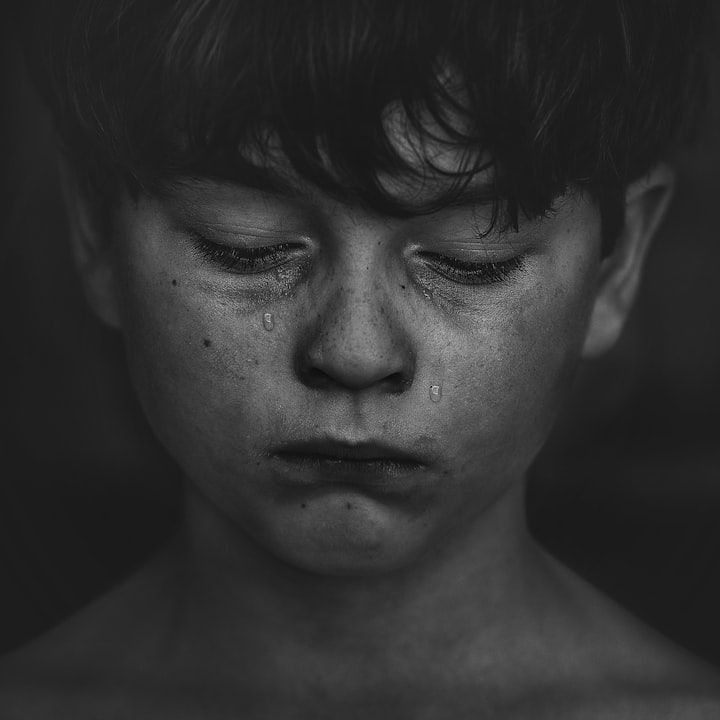Bullying refers to aggressive behavior that involves the repeated use of power or force to intimidate, harm, or control another person. It typically occurs within a power imbalance, where the individual being targeted feels unable to defend themselves effectively. Bullying can take various forms, including physical, verbal, social, or cyberbullying.
Physical bullying involves direct physical aggression or harm, such as hitting, pushing, or stealing belongings. Verbal bullying includes name-calling, insults, threats, or derogatory comments. Social bullying involves manipulating social relationships, spreading rumors, excluding someone from a group, or embarrassing them publicly. Cyberbullying occurs through electronic means, such as social media platforms, text messages, or online forums, and can involve harassment, spreading of rumors, or sharing of inappropriate content.
Bullying can have severe and long-lasting effects on the individuals involved, including the person being bullied, the bully themselves, and bystanders who witness the bullying. The impacts can be physical, emotional, psychological, and academic in nature. Those who are bullied may experience feelings of fear, anxiety, depression, low self-esteem, and social withdrawal. They may also suffer from physical injuries, sleep disturbances, and academic difficulties. In some cases, bullying has tragically led to self-harm or suicide.
Efforts to address bullying have gained significant attention in recent years, both in educational settings and society as a whole. Many schools and organizations have implemented anti-bullying policies and programs that promote awareness, prevention, and intervention. These initiatives aim to create safe and inclusive environments, educate individuals about the consequences of bullying, and empower them to stand up against it. It is essential for parents, teachers, and communities to work together to foster a culture of respect, empathy, and kindness, and to provide support and resources for those affected by bullying.
It is worth noting that bullying is a complex issue, and addressing it requires a multi-faceted approach. It involves not only addressing individual incidents of bullying but also understanding the underlying causes, such as social dynamics, cultural influences, and systemic factors. By promoting empathy, communication skills, and positive relationships, we can create a society that values and respects the dignity and well-being of all individuals, ultimately working towards eliminating bullying in all its forms.
Effects of being bullied 🤐
Being bullied can have a significant impact on a child's well-being and development. The effects of bullying can be both immediate and long-term, affecting various aspects of a child's life, including their emotional, psychological, and social well-being. Here are some common effects of bullying on a child:
Emotional impact: Bullying can cause a range of negative emotions in a child, such as fear, sadness, anger, and helplessness. It can lead to low self-esteem, loss of confidence, and feelings of worthlessness. The child may experience increased anxiety, depression, and even suicidal thoughts or behaviors.
Psychological impact: Bullying can have long-lasting psychological effects on a child. It may lead to the development of conditions like post-traumatic stress disorder (PTSD), where the child experiences flashbacks, nightmares, and hyper-vigilance related to the bullying incident. The child may also struggle with trust issues and have difficulties forming healthy relationships in the future.
Academic impact: Children who are bullied often experience difficulties in school. The stress and anxiety caused by bullying can interfere with their ability to concentrate and learn. They may experience a decline in academic performance, have trouble attending school regularly, and may even develop school avoidance behaviors.
Social impact: Bullying can negatively impact a child's social life. They may have trouble making friends, feel isolated or excluded from social activities, and struggle with developing appropriate social skills. The child may become socially withdrawn and have difficulties trusting others.
Physical health impact: In some cases, bullying can lead to physical health problems. Children who are bullied may experience headaches, stomachaches, and other stress-related physical symptoms. They may also engage in unhealthy coping mechanisms such as overeating or self-harm.
Long-term consequences: The effects of bullying can extend into adulthood. Individuals who were bullied as children may continue to struggle with mental health issues, have difficulties forming and maintaining relationships, and face challenges in their academic and professional lives.
It's important for parents, educators, and society as a whole to address bullying effectively. Providing support and resources for children who have been bullied is crucial to help them heal and overcome the negative effects of such experiences.






Comments (1)
Share your thought💕